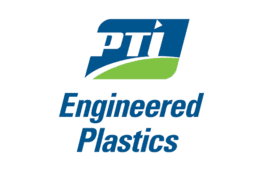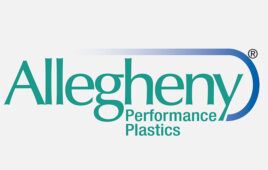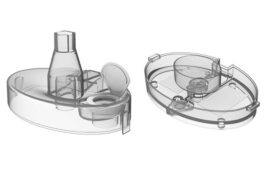 Plastics converting companies in Europe are facing a serious challenge due to the limited availability of polymers, and the rhetoric is starting to get a little heated.
Plastics converting companies in Europe are facing a serious challenge due to the limited availability of polymers, and the rhetoric is starting to get a little heated.
Since March of last year, EU polymer industry prices have risen by more than 40%, even as oil prices remained low, according to the Polymers for Europe Alliance. During that time, plastics converters declared 66 new “forces majeures” – natural and unavoidable catastrophes – some due to an ethylene shortage. If converters “cannot get access to sufficient volumes of polymers, they will ultimately go out of business,” the group claims.
During the ICIS World Polyolefins Conference last month, chairman Ron Marsh told attendees that, “We are still learning from spring 2015. The force majeure situation is an ongoing issue and needs an ongoing response. The April 2016 whole situation is delicately poised.”
The alliance, created by the European Plastics Convertors in 2014 to solve the “unjustified situation” and protect a sector that employs 1.6 million people and generates an annual turnover of €380 billion ($439 billion). But since its creation, the group says it’s seen only objections to its plans to solve the polymer problem.
The group wants the EU to cut the tariff on polymer shipments from 6.5 percent to 3 percent to help alleviate the shortage and got a little starchy when the idea failed to gain traction even among some factions of its own industry.
“The alliance thought that the whole supply chain understood the severe threat to the industry posed by the material shortages of 2015. It therefore anticipated that proposals to restore the level of duty to 3% from the 6.5% level introduced at the beginning of 2014 would be warmly received by all parties. It was therefore surprised and disappointed to learn that all such proposals were being vigorously resisted by certain polymer producers. Apparently converters should not only suffer shortages but measures to encourage imports to alleviate this problem were being resisted as well,” the group said in a press release.
The alliance went on to note the vigorous protests from some polymer producers, who balked at measures to encourage imports that might alleviate the resource problems. EU member states the U.K., Italy, Spain, and Portugal also oppose the 3.5% tariff reduction proposal.
“It is against this background that the industry approaches the summer of 2016 and finds that material is once again becoming short. There has not so far in 2016 been the same plethora of forces majeures that there was last year, but nonetheless the market watches with considerable anxiety as polyethylene and polypropylene become shorter and shorter. 2016 could well prove to be a defining year for the plastics industry in Europe,” the group said.




